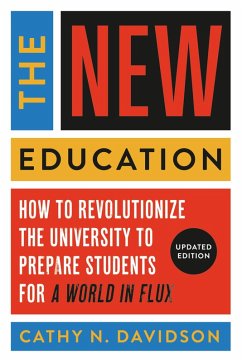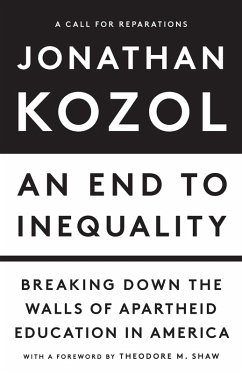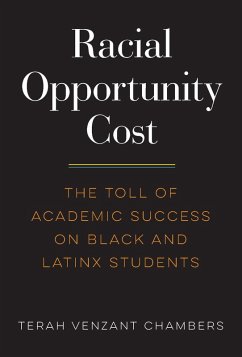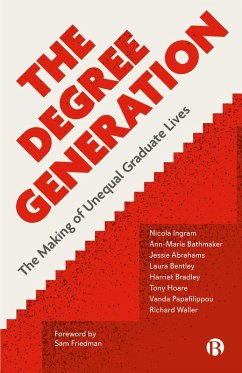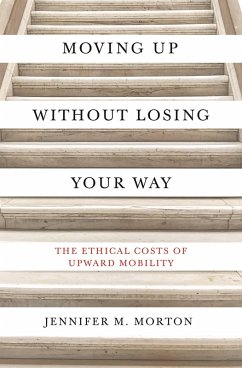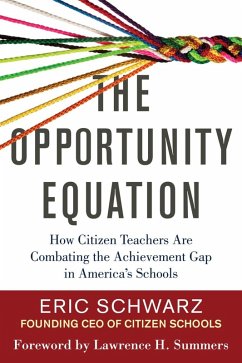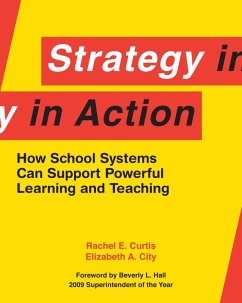
Restoring Opportunity (eBook, ePUB)
The Crisis of Inequality and the Challenge for American Education
Versandkostenfrei!
Sofort per Download lieferbar
21,95 €
inkl. MwSt.
Weitere Ausgaben:

PAYBACK Punkte
11 °P sammeln!
In this landmark volume, Greg J. Duncan and Richard J. Murnane lay out a meticulously researched case showing how-in a time of spiraling inequality-strategically targeted interventions and supports can help schools significantly improve the life chances of low-income children. The authors offer a brilliant synthesis of recent research on inequality and its effects on families, children, and schools. They describe the interplay of social and economic factors that has made it increasingly hard for schools to counteract the effects of inequality and that has created a widening wedge between low- ...
In this landmark volume, Greg J. Duncan and Richard J. Murnane lay out a meticulously researched case showing how-in a time of spiraling inequality-strategically targeted interventions and supports can help schools significantly improve the life chances of low-income children. The authors offer a brilliant synthesis of recent research on inequality and its effects on families, children, and schools. They describe the interplay of social and economic factors that has made it increasingly hard for schools to counteract the effects of inequality and that has created a widening wedge between low- and high-income students. Restoring Opportunity provides detailed portraits of proven initiatives that are transforming the lives of low-income children from prekindergarten through high school. All of these programs are research-tested and have demonstrated sustained effectiveness over time and at significant scale. Together, they offer a powerful vision of what good instruction in effective schools can look like. The authors conclude by outlining the elements of a new agenda for education reform. Restoring Opportunity is a crowning contribution from these two leading economists in the field of education and a passionate call to action on behalf of the young people on whom our nation's future depends. Copublished with the Russell Sage Foundation
Dieser Download kann aus rechtlichen Gründen nur mit Rechnungsadresse in A, D ausgeliefert werden.
Alle Preise in Euro und inkl. der gesetzl. MwSt. | Innerhalb Deutschlands liefern wir preisgebundene Bücher versandkostenfrei. Weitere Informationen: bitte hier klicken
Support
Bitte wähle dein Anliegen aus:
Rechnungen
Bestellstatus
Retourenschein
Storno





